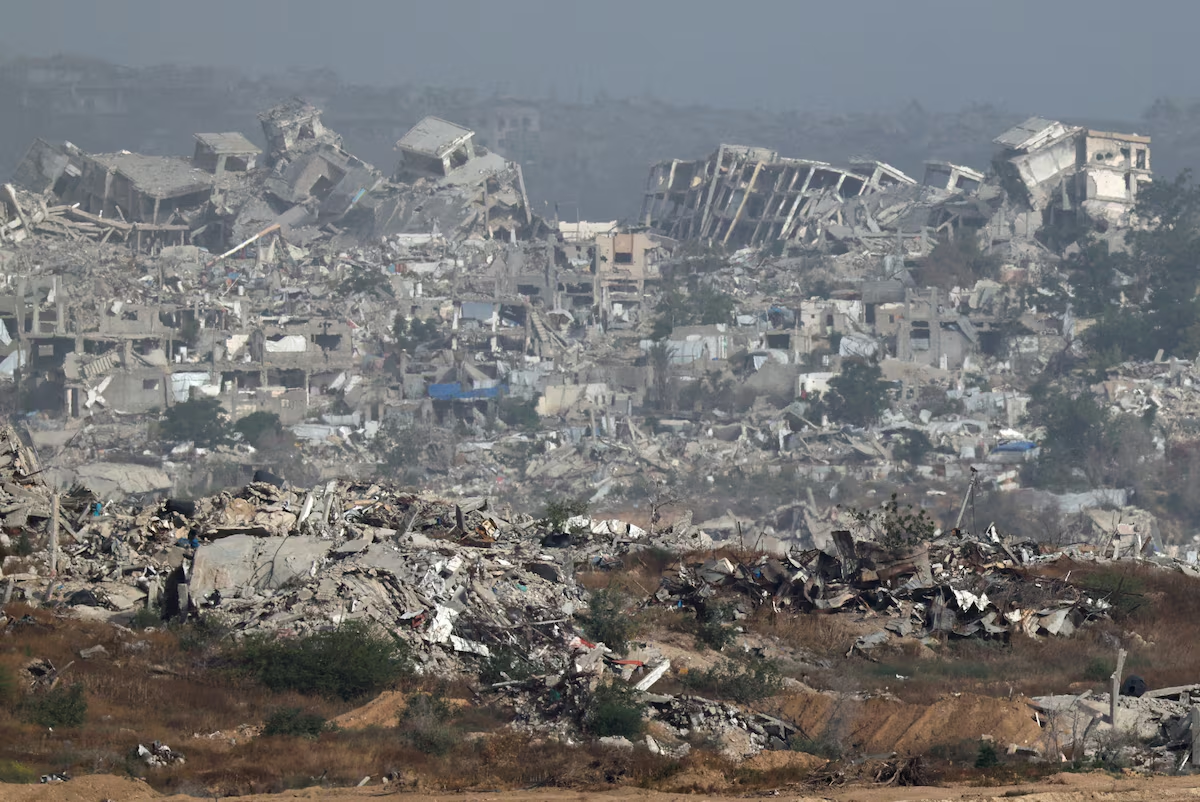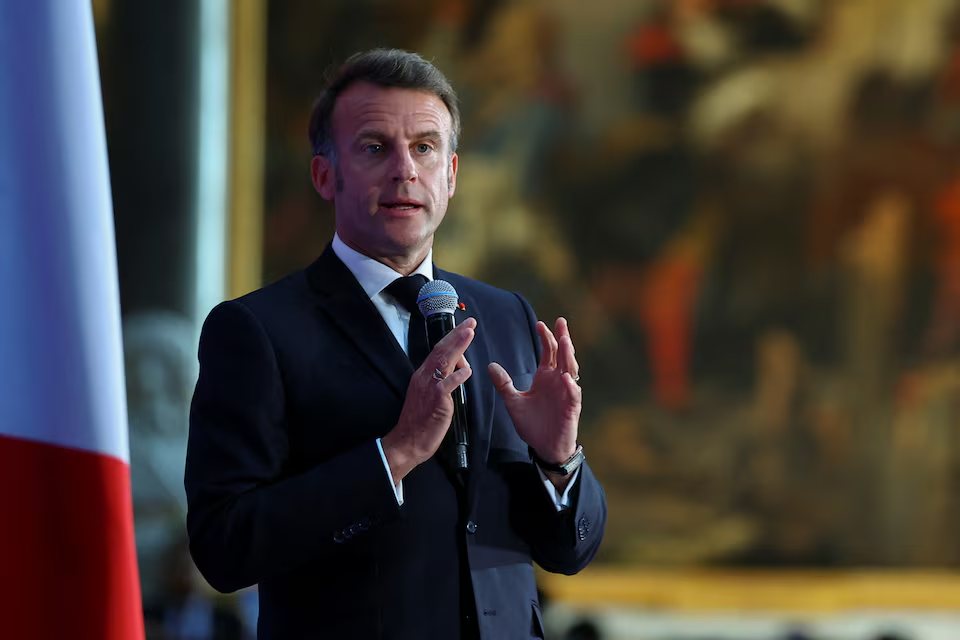Germany has issued its strongest criticism yet of Israel since the start of the Gaza war, calling the scale of destruction and civilian casualties in the Palestinian enclave “incomprehensible” and urging Israeli authorities to show greater restraint and protect civilian lives.
The remarks, delivered by German Foreign Minister Annalena Baerbock on Monday, mark a notable shift in tone from Berlin, which has long been one of Israel’s staunchest allies in Europe. Baerbock expressed growing concern over the humanitarian situation in Gaza following intensified Israeli air and ground operations, particularly in the southern city of Rafah.
“Israel has the right to defend itself, but the images and reports from Gaza are deeply shocking,” Baerbock said during a press briefing in Berlin. “The scale of the destruction and the suffering of civilians is incomprehensible.”
She went on to say that international humanitarian law must be respected under all circumstances and stressed the importance of ensuring safe access for humanitarian aid. “Too many children have died, too many homes have been destroyed. We are reaching a point where support for Israel’s military actions is increasingly difficult to justify,” she added.
The comments come in the aftermath of an Israeli airstrike in Rafah that reportedly killed dozens of civilians, many of whom were sheltering in tents in what had been designated a humanitarian zone. Images of burned bodies and wounded children have drawn condemnation from across the international community.
Berlin’s criticism reflects mounting unease within Europe over the direction of the conflict and growing pressure on Western governments to reassess their military and diplomatic backing for Israel. While Germany initially supported Israel’s right to retaliate following Hamas’s deadly October 2023 attack, officials have since expressed concern over the indiscriminate nature of the military campaign and the enormous civilian toll.
More than 36,000 Palestinians have reportedly been killed since the war began, according to Gaza’s health authorities, with thousands more injured or displaced. Humanitarian agencies say the Gaza Strip is on the brink of collapse, with food, water, and medicine in dangerously short supply.
German Chancellor Olaf Scholz has not commented directly on the latest developments, but sources within his government suggest a growing divide between Germany’s historic commitment to Israel’s security and its moral responsibility to uphold international humanitarian norms.
Israel’s Foreign Ministry responded to Baerbock’s remarks by reiterating that Hamas continues to use civilians as human shields and that the Israeli army takes precautions to avoid civilian harm. “The reality is complex, and the responsibility lies with Hamas for embedding itself within civilian infrastructure,” said a ministry spokesperson.
However, German media outlets have highlighted internal dissent within Berlin’s ruling coalition, with members of the Green Party and Social Democrats demanding an arms export freeze and an immediate halt to German weapons deliveries to Israel. Germany is one of Israel’s largest arms suppliers, and any shift in its export policy would have significant implications.
Human rights organizations welcomed Baerbock’s statement as a long-overdue acknowledgment of the crisis in Gaza. “We commend the German government for finally speaking the truth about what is happening in Gaza,” said a spokesperson for Human Rights Watch. “Now words must be followed by actions, including stronger diplomatic pressure and restrictions on arms transfers.”
Pro-Palestinian protests have grown across Germany in recent weeks, particularly in cities like Berlin, Hamburg, and Cologne, where demonstrators are calling for an end to German military support for Israel. Activists have also criticized Berlin’s crackdown on Palestinian solidarity events, accusing authorities of stifling dissent and suppressing free speech.
With the war showing no signs of ending and peace talks stalled, Berlin’s evolving stance could mark a turning point in Europe’s broader policy toward the conflict. As civilian suffering continues to rise, Germany—once unwavering in its alignment with Israel—is now beginning to recalibrate its position, balancing historical alliances with an urgent humanitarian imperative.
Source: Reuters



